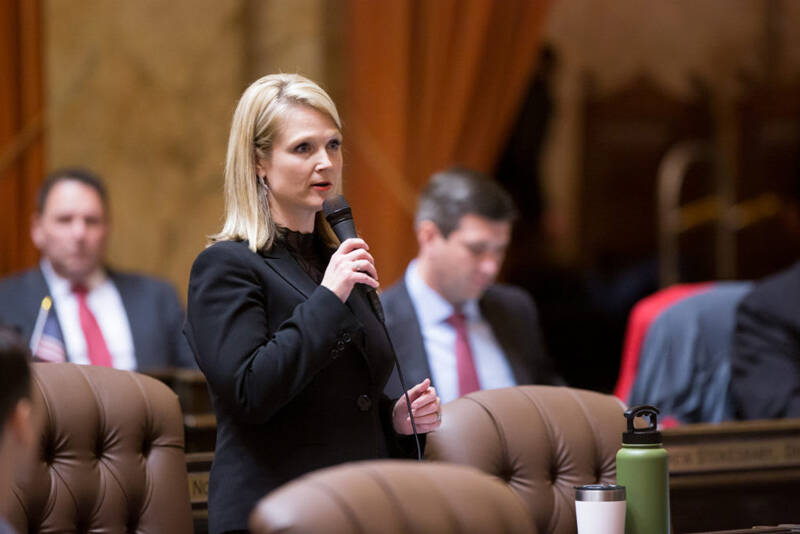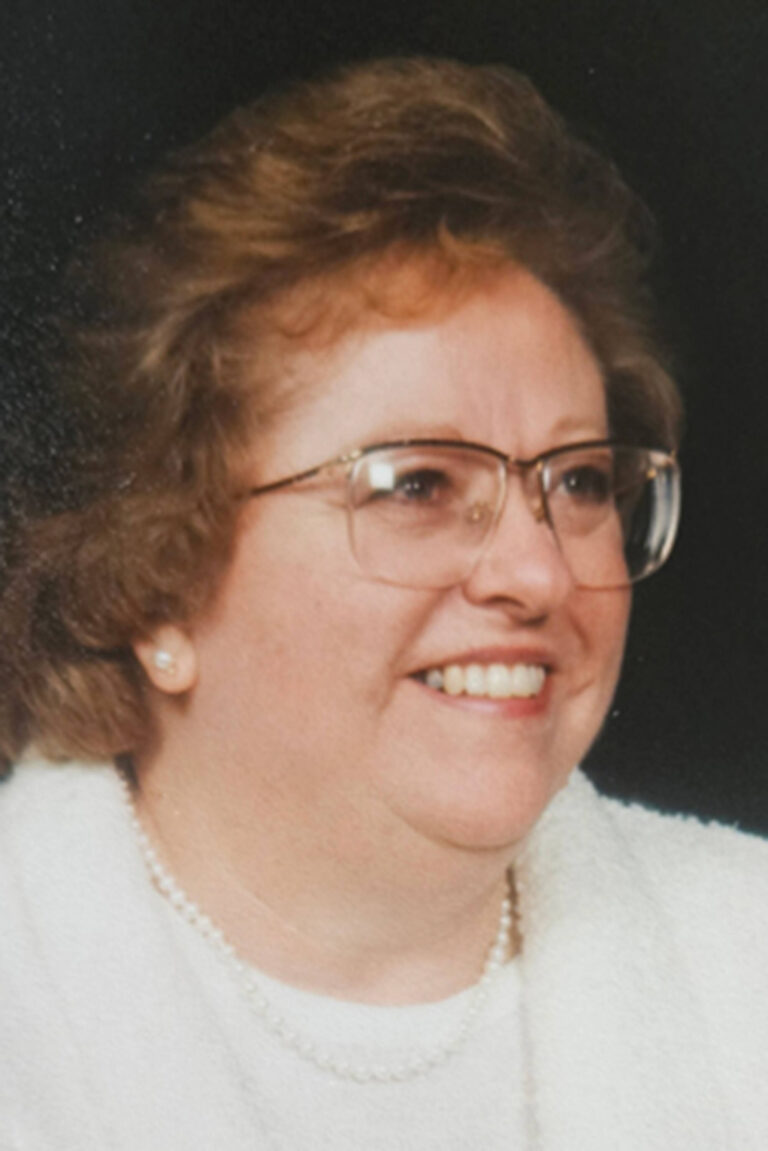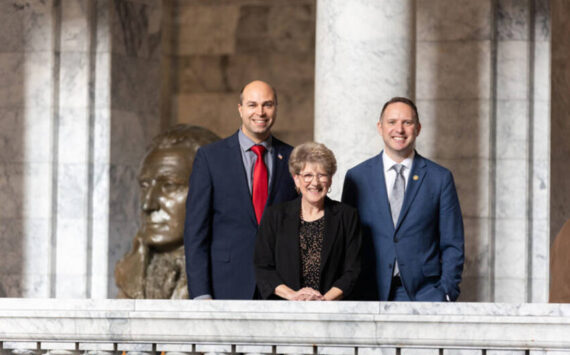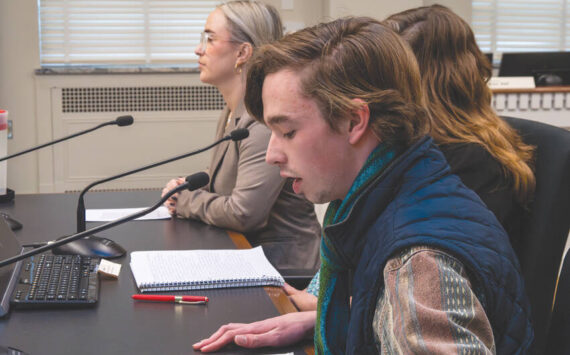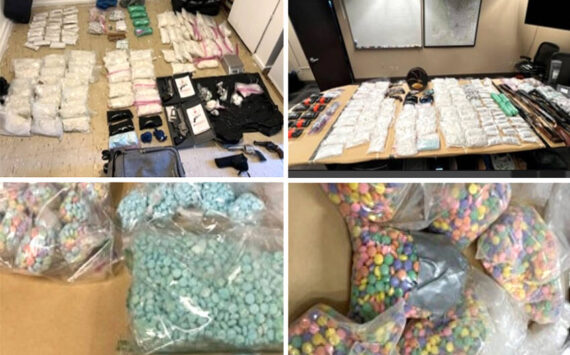Rep. Jacquelin Maycumber, R-Republic, says she has seen access to quality, affordable health care in rural areas of Washington state dwindle over the last decade.
“We are reaching a crisis situation. Access to affordable health care in my rural district is increasingly difficult to find,” said Maycumber. “Part of the problem is the low reimbursement rates for the state’s health care assistance programs. For rural areas which may have a larger portion of the population on state programs, this means health care providers are barely breaking even or losing money every time a Medicaid patient comes in. This shifts costs to those people with private insurance, unnecessarily raising their rates to compensate. It also makes it difficult to attract and keep quality health care providers in our region.”
Maycumber’s proposal, House Bill 1713, would create a pilot program to issue medical assistance payments to health care providers and facilities which serve a high proportion of patients enrolled in state assistance programs.
Health care providers and facilities would submit for a “rebalancing payment” that would be distributed quarterly. The rebalancing payment would pay the difference between the state’s reimbursement rate and Medicare’s reimbursement rate, which in some cases, could be substantial.
“Our rural residents need equity in access to health care. In order to attract and retain quality medical professionals in rural areas, we need to adjust what the state pays for health care reimbursements,” said Maycumber. “Right now, the state seems content to let the private insurance market bear the brunt of these costs.”
Maycumber has another health care proposal, House Bill 1725, which would help make sure life-saving insulin drugs are more readily available for individuals under the age of 21.
Her bill directs the Washington State Health Care Authority to create the Insulin for Individuals Under the Age of 21 Bulk Purchasing and Distribution Program. The state, like it has done for the COVID vaccine and Narcan, would work directly with suppliers to negotiate and purchase insulin in bulk quantities.
“For some in our communities, insulin is necessary to live. It is a drug that means the difference between life and death,” said Maycumber, who has a young child with type 1 diabetes. “I know firsthand the worry and fear that comes with having a child who needs insulin to survive. It only makes sense to ensure adequate supplies of this life-saving drug while allowing the state to see the cost savings of negotiating directly with suppliers for bulk prices.”
Both of Maycumber’s bills have been referred to the House Health Care and Wellness Committee, where she serves as a member of the committee.
The 105-day 2023 legislative session began on Jan. 9.
